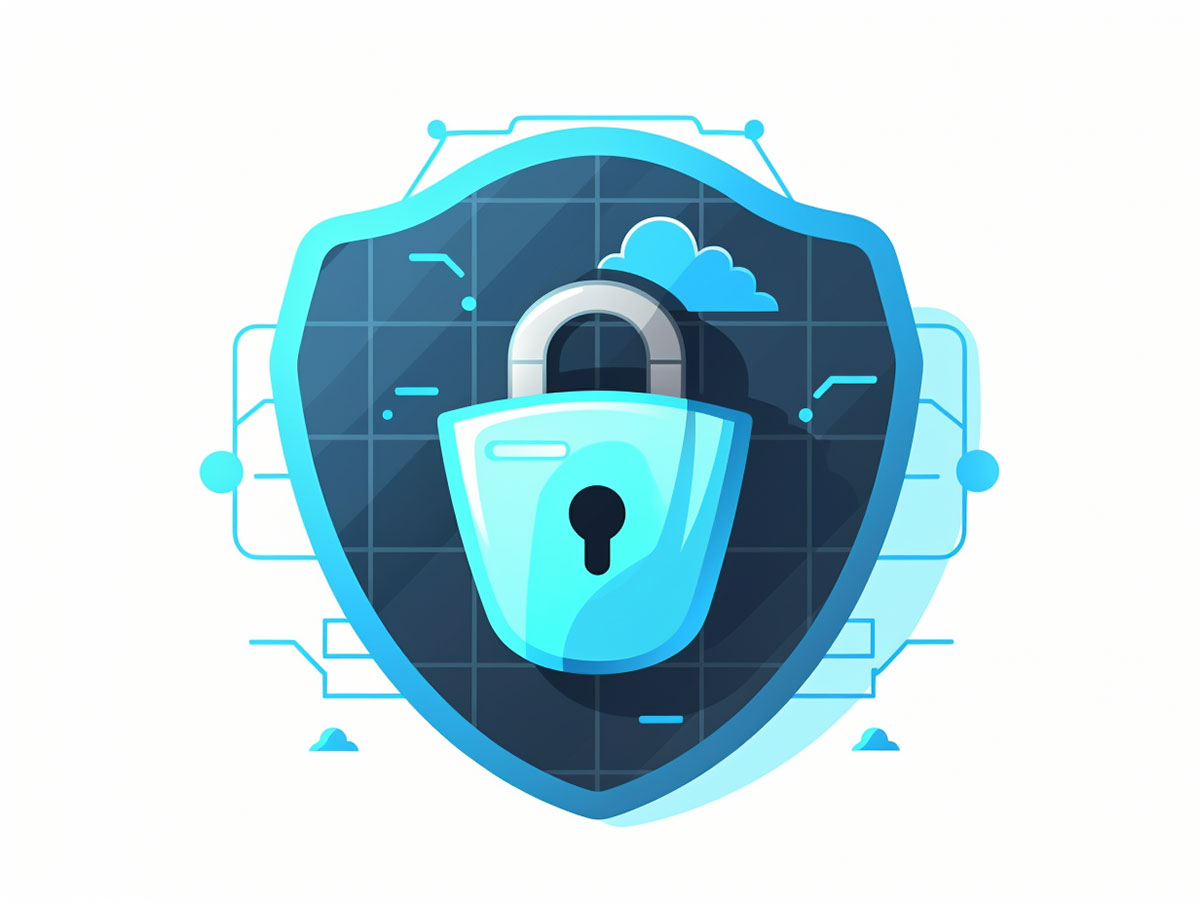Certificate-Based Authentication is a digital procedure used to confirm an individual, machine, or website’s claim to identity. It mainly involves utilizing digital certificates, which are verified by a trustworthy institution known as a Certificate Authority (CA). When someone or something presents a digital certificate, it’s much like presenting a valid ID card. This method is considered safer than using passwords because it’s uniquely encrypted, harder to fake, and cannot be reused if stolen.
Certificate-Based Authentication Examples
1. Email Encryption and Signing
Our online communications need to be carefully safeguarded, especially in an era where data breaches are common. One area where Certificate-Based Authentication comes into play is with email encryption and signing. When you send an encrypted email, your digital certificate is attached along with it. This certificate is like the digital version of an official stamp, ensuring it comes from a verified source – you.

Stay One Step Ahead of Cyber Threats
The recipient’s system then uses your public key, held within this certificate, to decrypt and read the content of the email. This adds an additional layer of security as only the person or system with the correct public key can decipher it. It keeps the content of your email confidential, allowing it to be read only by the intended recipient.
When you choose to digitally sign an email, your private key is integrated into the process. The recipient then uses your digital certificate to verify the signature. This method assures the recipient that the email truly came from you, and it hasn’t been tampered with during transit.
2. Secure Websites
When you’re browsing online, you’ve likely noticed a padlock or “https://” in your browser’s address bar when visiting certain websites. This is a sign that the website is using a digital certificate to establish a secure connection with your browser. The website is using Certificate-Based Authentication, and your browser is tasked with confirming that the digital certificate really belongs to the website you’re visiting.
The encryption with a digital certificate ensures that any data exchanged between you and the website is kept private and secure, out of the reach of potential hackers or eavesdroppers. This is especially important when you’re entering sensitive information into a website, like your password or credit card number.
So, next time you see that little padlock icon, remember this is Certificate-Based Authentication at work. It’s a key part of the fabric helping to keep your online experience safe and secure.
3. Virtual Private Networks (VPNs)
Virtual Private Networks or VPNs are often used by businesses to ensure secure access to their network from outside the office. But how can the business be sure that only authorized people are accessing its resources? Enter Certificate-Based Authentication. This offers an additional layer of security that gives both the server and the client confidence about each other’s identities.
When setting up the VPN server and clients, digital certificates are commonly used for authenticating each party. Simply put, before establishing a secure connection, the VPN server and client will exchange certificates duly issued by a trusted Certificate Authority (CA).
This exchange ensures that the server and client are indeed who they claim they are. If a server or client tries to connect with a certificate not issued or recognized by a trusted CA, the connection is simply not established. Hence, by using Certificate-Based Authentication in VPNs, businesses add an effective barrier against unauthorized access to their networks.
Conclusion
Certificate-Based Authentication is a vital tool for digital security. It plays a crucial role in making online communications, websites, and network access safer, more secure, and trustworthy for businesses and individuals alike.
Key Takeaways
- Certificate-Based Authentication is a process used for verifying digital identities, similar to checking a physical ID card.
- Digital certificates are used in this process, which are verified by a trusted entity called a Certificate Authority (CA).
- This authentication method provides a more secure solution compared to using passwords as it is uniquely encrypted, harder to fake, and cannot be reused if stolen.
- Certificate-Based Authentication is often used in email encryption and signing, providing a secure means of communicating on the internet.
- Sites with the ‘https://’ marker and a padlock in the address bar use Certificate-Based Authentication to establish secure connections with users.
- VPNs also use Certificate-Based Authentication for secure and identity-verified connections between servers and clients.
Related Questions
1. How does Certificate Authority (CA) contribute to Certificate-Based Authentication?
The Certificate Authority, typically a trusted third-party organization, issues digital certificates. It plays a crucial role as the intermediary that both parties trust to validate the certificates used in the authentication process.
2. Can Certificate-Based Authentication be used on mobile devices?
Yes, it can be used on mobile devices. This is particularly common in corporate settings where businesses use digital certificates to authenticate the devices that employees use to access company resources.
3. Are digital certificates forever valid in Certificate-Based Authentication?
No, digital certificates have a specific validity period. Once they expire, they need to be renewed for continued use.
4. How secure is Certificate-Based Authentication?
It’s considered highly secure as the certificates are uniquely encrypted and hard to fake. The chances of a breach are significantly reduced compared to authentication methods solely reliant on passwords.
5. Can Certificate-Based Authentication be used in conjunction with other authentication methods?
Yes, for added security, it’s common to pair Certificate-Based Authentication with other methods, like biometrics or one-time passwords, in a multi-factor authentication setup.
"Amateurs hack systems, professionals hack people."
-- Bruce Schneier, a renown computer security professional






